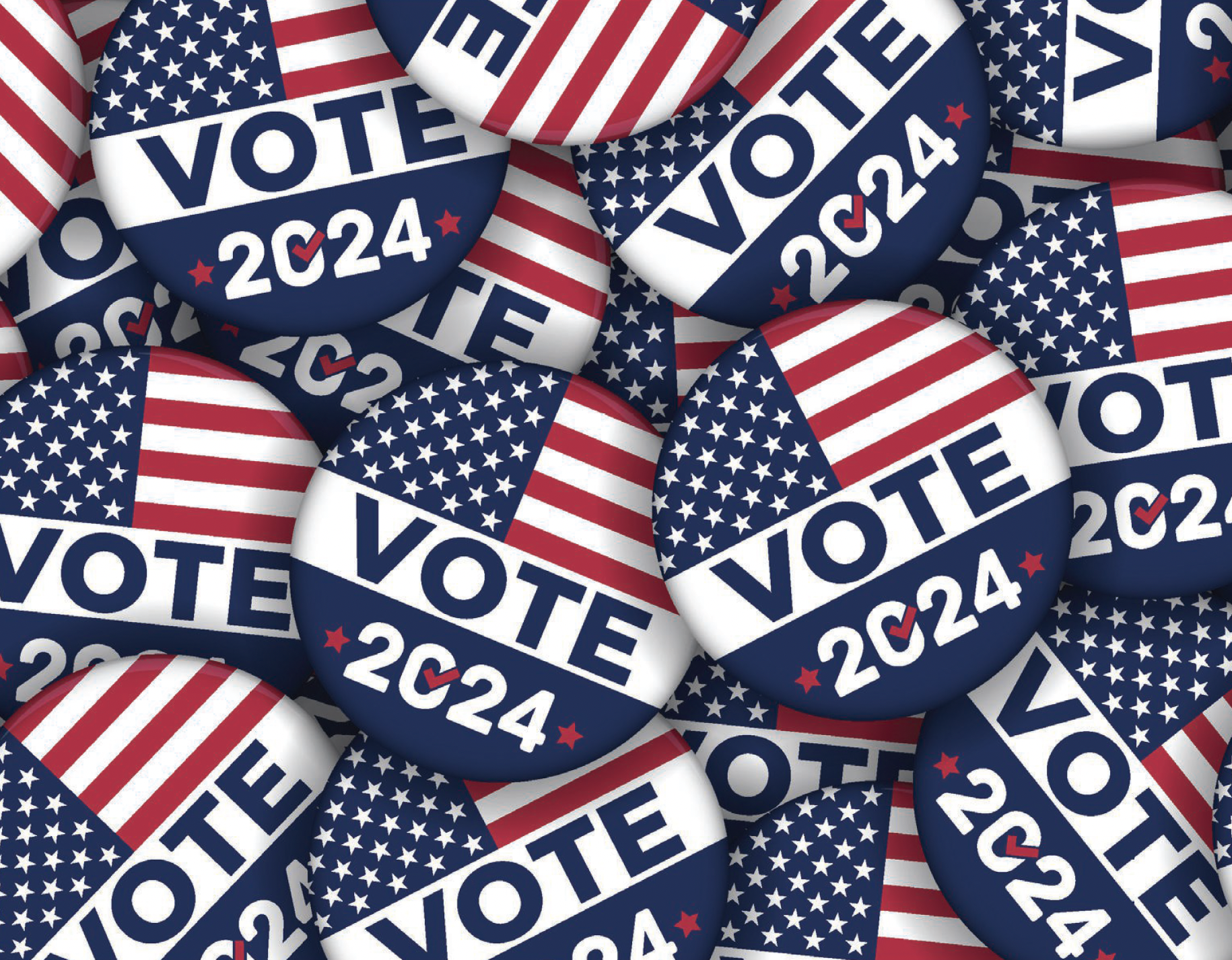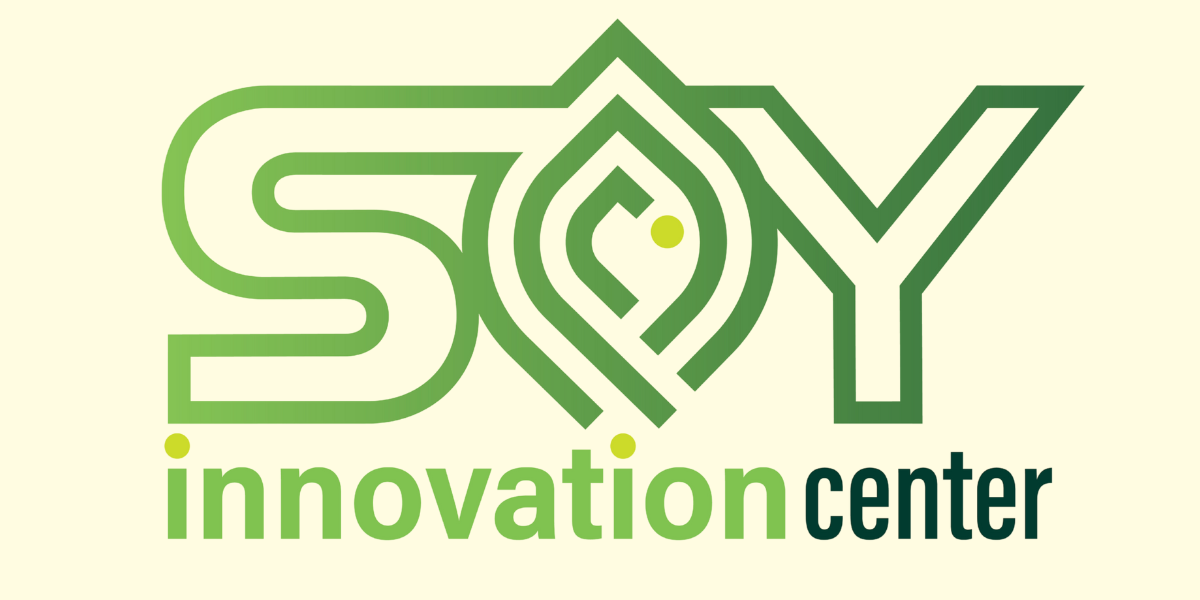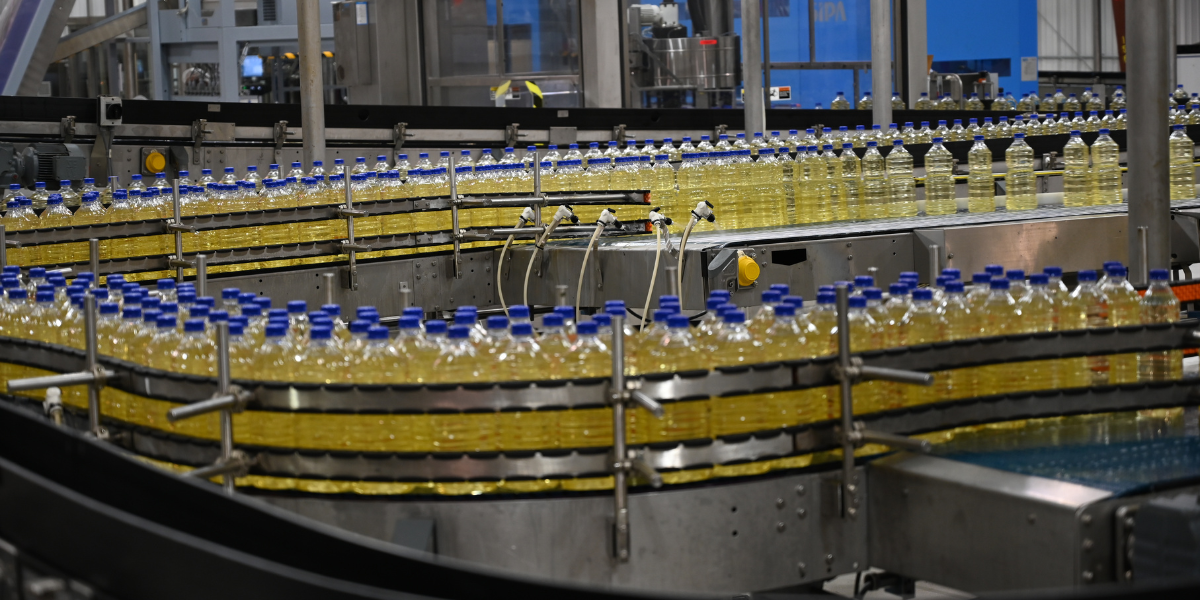Looking Ahead
By Andrew Larson, Director of Government Relations & Strategy
As we close out the summer with barbecues, picnics, fair season, and back-to-school festivities, we know that harvest will not be far behind. This year has been a very active year legislatively for Illinois agriculture. Many major pieces of legislation have been introduced that will potentially change the future of farming in our state. Some of these failed to gain traction, others have been enacted into law and still other proposals remain somewhere in between. Our team at the Illinois Soybean Growers (ISG) has been actively engaging throughout the year on many key issues that you likely have read about in this and other editions of Illinois Field & Bean magazine. Looking ahead in Illinois, we have fall veto and lame duck sessions, as well as the 2024 presidential election. There will certainly be more change to come this year.

In this issue of Illinois Field & Bean, you’ve read about what our team has been working on this year so far. Looking toward the rest of the year, the first major turning point will be what happens in the federal election in November. Margins in both chambers of Congress are thin. Republicans currently hold a slim majority in the U.S. House of Representatives. Meanwhile, the divided U.S. Senate has a 51-49 Democratic Party majority. Many election pundits will tell you that either chamber has the potential to be controlled by the opposite party when the next Congress begins in January. It is also possible that one chamber stays with one party and the other flips. The presidential election has seen major upheaval this summer, and we are looking at a very high-profile election leading into November. There will be passion on both sides of the great national debate. One thing we must ensure is that agriculture is positioned for success no matter the outcome.
Amid this election season, Congress needs to either extend or pass a new Farm Bill. If Congress waits until next year, there could be different leadership and different priorities that get presented as part of a Farm Bill. No matter what the outcome of the election, the seats at the table and the voices in the room for the future of farm policy will change. Major impacts on topics such as climate-smart agriculture and the impacts of the Internal Revenue Service’s 45z rule for carbon intensity on the farm could lead to major shifts in farm country. Groups such as ISG are working to understand the complete impact of these outcomes and working to mitigate negative effects while enhancing positive ones.
Here in Illinois, we do not expect major electoral changes in the makeup of the General Assembly. There are several major issues that could develop in either the veto or lame duck sessions that take place this fall and winter before the new General Assembly is sworn in during the month of January.
A few of those key issues include cleaning up concerns over landowner rights related to carbon pipeline, continued debate and discussion of a Clean Fuel Standard for Illinois, funding deficiencies for Illinois conservation programs including Soil and Water Conservation Districts (SWCDs), efforts to ease the burden on families transferring farm assets between generations and other potentially major issues.
Although we don’t yet know the outcome of many of these issues
or the fall election, the team at ISG is working to position Illinois farmers for success amid an unclear and turbulent time in the political and policy arenas. Please stay engaged with ISG to learn more about issues, share your concerns and, most importantly, be a Voice for Soy.
Recent Articles
As it celebrates its one-year anniversary, the ISA Soy Innovation Center is dedicated to facilitating the research and commercialization of new and innovative soy-based products with a focus on three primary categories: textiles, bio-lubricants and industrial applications.
By IL Field & Bean Team
Did you know soy can be used to replace nearly any product made from petroleum—including plastics? Soy-based plastics offer a nontoxic alternative to everyday items, contributing to sustainability and representing an exciting opportunity to drive demand for Illinois soy.
By Dylan Karis, Lead Chemist, Airable Research Lab


